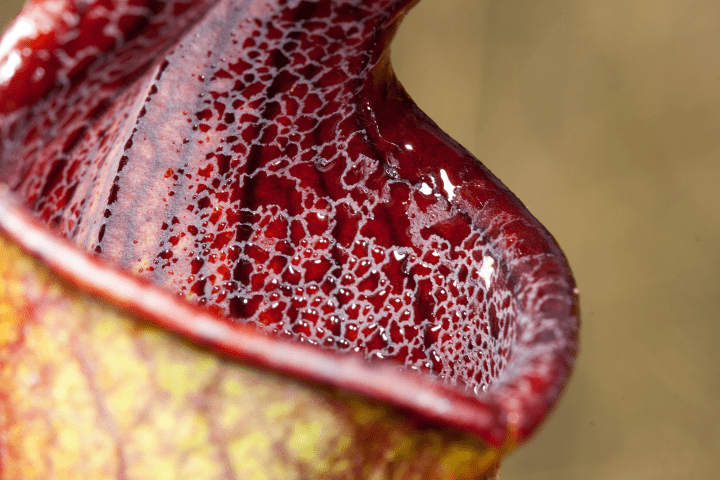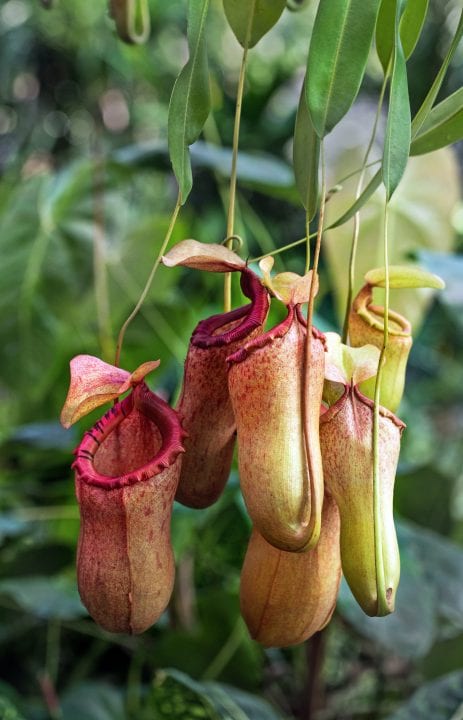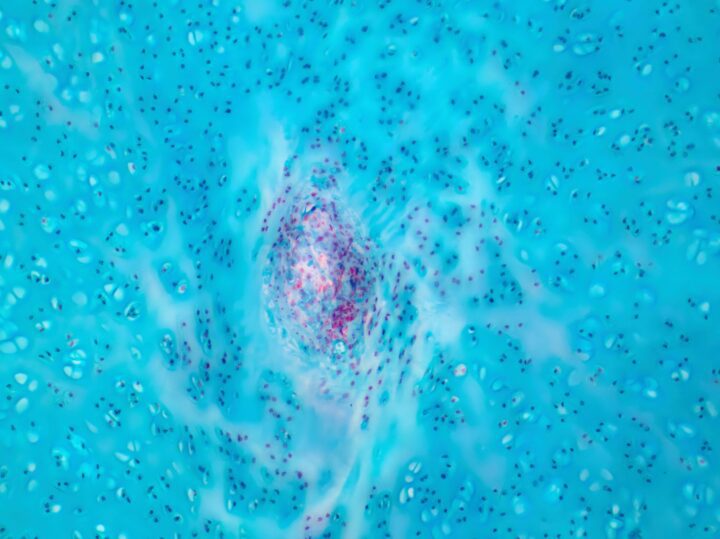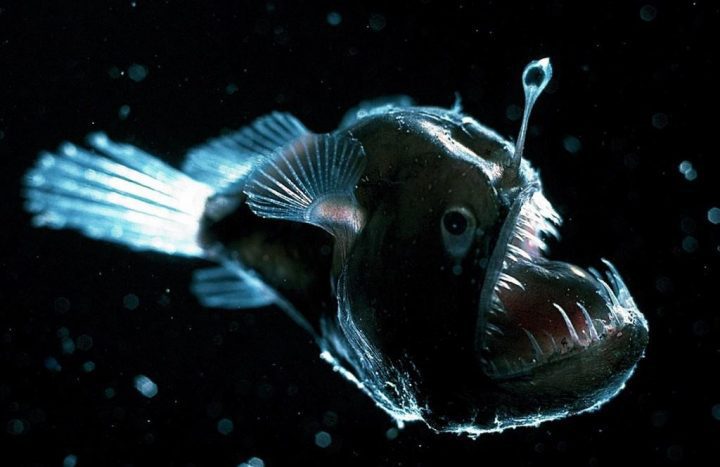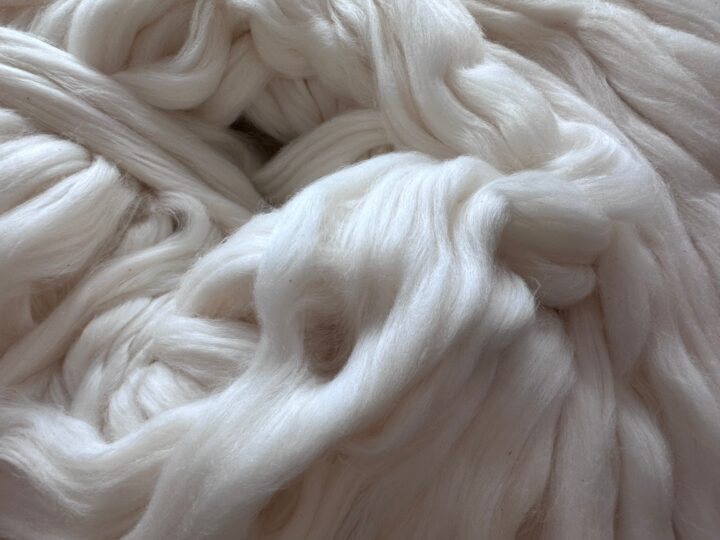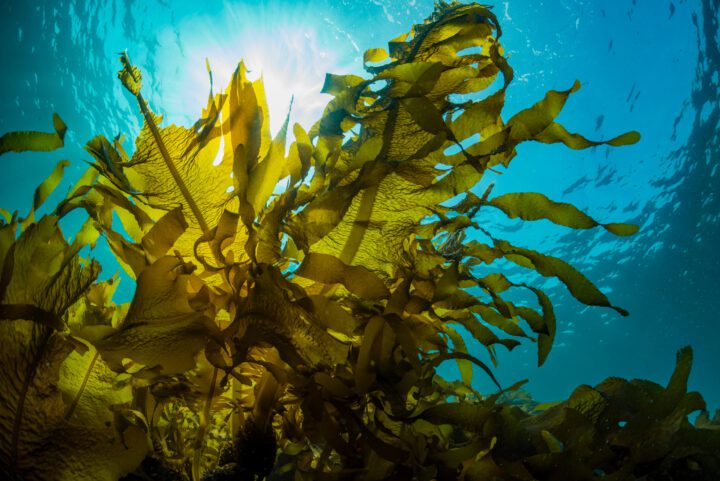Protect From Dirt/solids
When dirt and other small solids adhere to living systems, they can slow them down, create blockages, reduce their ability to carry out vital functions, or cause surface wear and tear. Due to electrostatic forces, it’s easy for dirt and other solids to adhere to surfaces, so living systems must overcome those forces. An earthworm, for example, uses a small electric current to keep soil particles from adhering to its body as it moves through the soil. This enables it to move more efficiently by reducing drag.
Protect From Microbes
In living systems, microbes play important roles, such as breaking down organic matter and maintaining personal and system health. But they also pose threats. Bacteria can be pathogens that cause diseases. Some bacteria create colonies called biofilms that can coat surfaces, reducing their effectiveness–for example, inhibiting a leaf’s ability to photosynthesize. Living systems must have strategies for protecting from microbes that cause disease or become so numerous that they create an imbalance in the system. At the same time, living systems must continue living in harmony with other microbes. Some living systems kill microbes. Others repel without killing to reduce the chances that microbes will adapt to the lethal strategy and become resistant to it. For example, some pea seedlings exude a chemical that inhibits biofilm buildup.
Protect From Plants
Living systems must share resources with other living systems. Often, this can be done in cooperative ways but at other times, there is competition for resources such as water, nutrients, and sunshine. By consuming resources, plants can threaten other living systems. In response, threatened living systems must discourage this competition in ways that don’t harm the threatened system. For example, trees in tropical rainforests have strategies to prevent climbing vines from attaching to their trunks, eliminating competition from the vines for sunlight above and nutrients at the roots.
Protect From Animals
Animals–organisms that range from microscopic to larger than a bus–embody a wide variety of harms to living systems, including other animals. They threaten through predation, herbivory, defense, and parasitism, and they compete for resources such as water, nutrients, and space. Any given living organism commonly faces threats from a variety of animals, requiring strategies that effectively defend from each. Trout and other bony fish, for example, escape predators by having scales made of very thin, flake-like pieces of bone covered with slippery mucus. They also have behavioral strategies such as camouflage, fast swimming, and twisting and turning to achieve release from a predator’s grip.
Capture, Absorb, or Filter Organisms
Many living systems must secure organisms for food. But just as one living system must capture its prey to survive, its prey must escape to survive. This results in capture and avoidance strategies that include trickery, speed, poisons, constructed traps, and more. For example, a carnivorous plant called the pitcher plant has leaves formed into a tube that collect water. Long, slippery hairs within the tube face downward. When insects enter the tube seeking nectar, they lose their footing and slide inside, unable to climb out and escape being eaten and digested by the plant.



